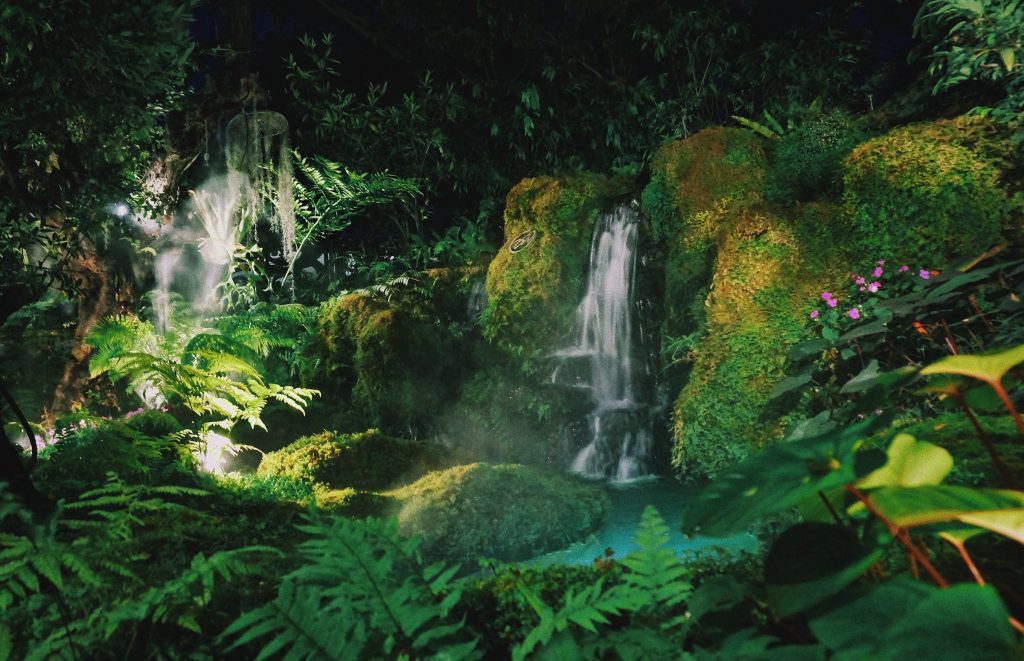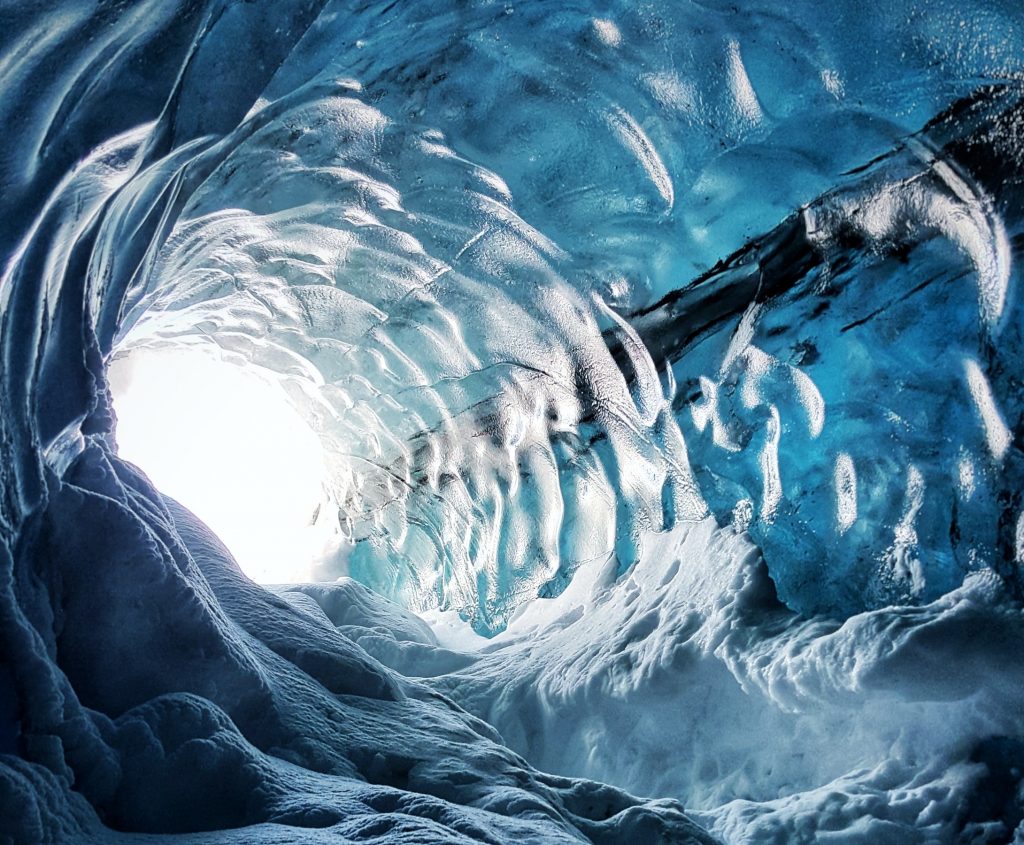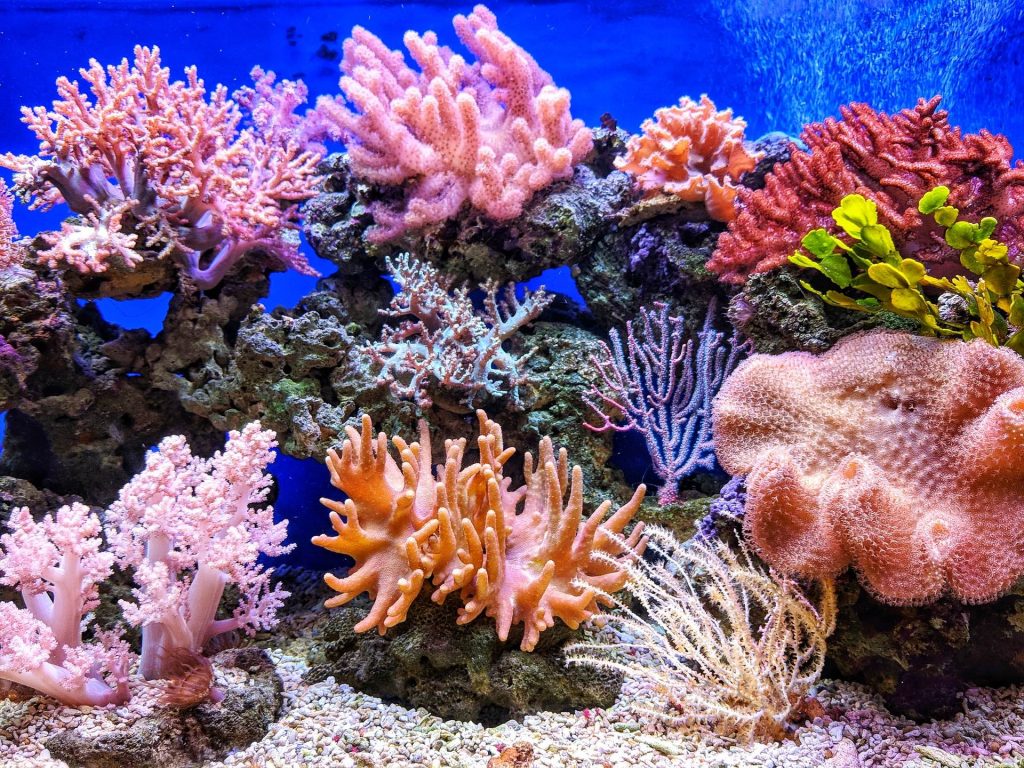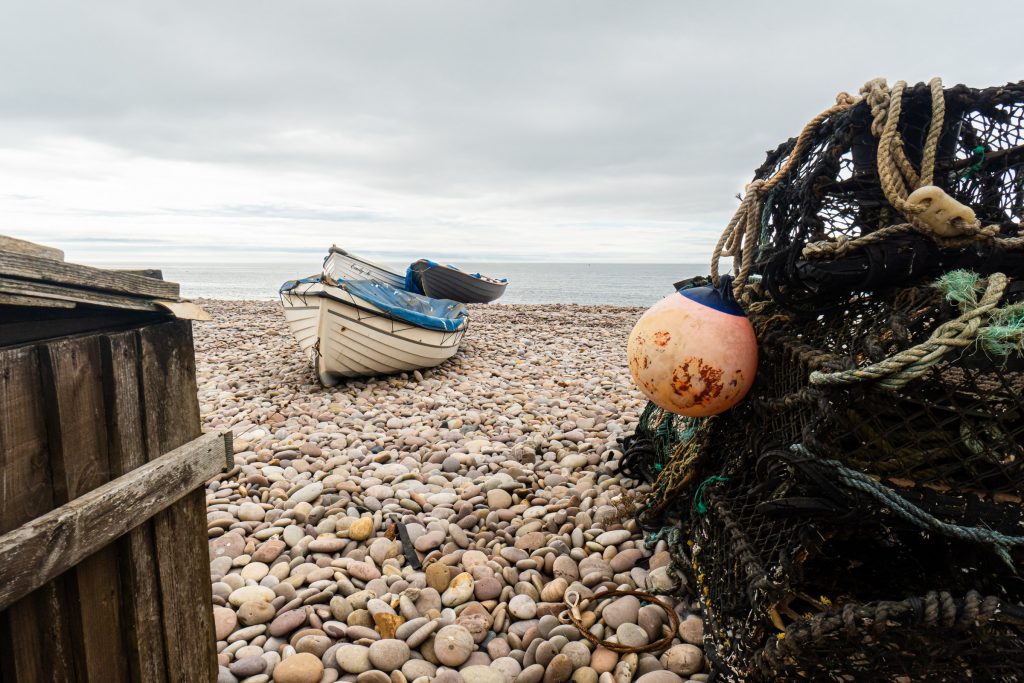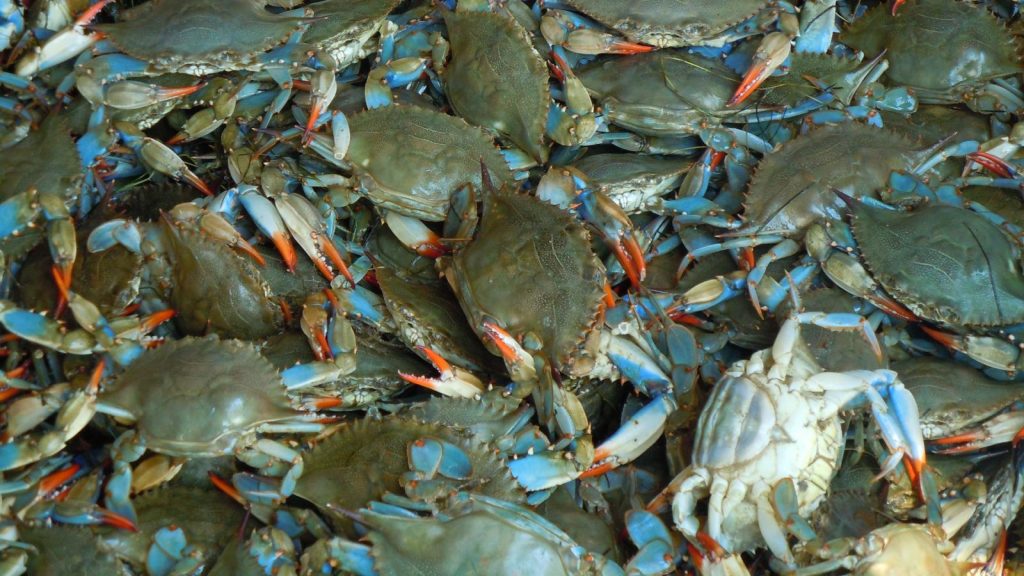
Blue crabs and other aliens: the era of invasive species
The spread of this Atlantic species threatens biodiversity, as well as the economy and tourism of Mediterranean countries. But, it is not the only unwanted guest: according to a report published by IPBES, alien invasive species cost humans $423 billion each year.



